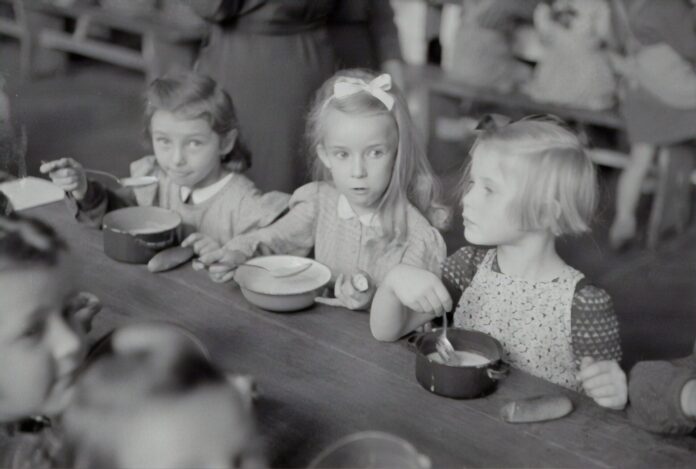How interesting is it that one’s heritage can contribute to their child’s level of aggression? It is well understood through studies that a parent’s influence contributes to shaping their kids (future blog topic). But can heritage really have a say on a child’s level of aggression? According to my top parental book it can.
My wife (NM) and I discovered The Wonder Weeks when our son Dragon was born. The Wonder Weeks is an amazing book which describes in a straightforward way the incredible developmental changes and regression periods that all babies go through during the first 20 months of their lives. NM and I could not understand why Dragon would be fine one moment and then in the next moment in a fussy strange behaviour phase – which the book describes as the three Cs: Cranky, Clingy and Crying. This book became the bible in our household, helping us to better understand and help Dragon.
So it is no surprise that with the birth of our daughter Horse, we would once again call upon the wisdom of The Wonder Weeks. Horse has just passed Wonder Week 64: The World of Principles (ninth leap out of ten), where all children experience a level of aggression, however this passes. The most interesting part of it all was a statement in the second paragraph which said;
Of course, some children are more prone to aggressive behaviour than others. Yet, a child’s surroundings are also very important. They help determine how long a child remains aggressive.
I can definitely relate to the effects of a child’s surroundings on their aggression level or the duration of this aggression. I have often been told by family members that I was a difficult child, in the sense of being hot tempered. I link this to my family heritage, I would say from what I have been told, that I was a very happy, loud, friendly and all round very personable kid, but had a hot streak within me. This I believe has all been passed through the blood line. In most cases if you look at some families from a hot temperature climate (It is important to note that this hotness is not a negative. On the contrary, as in many cases this is a positive in later years), who are speaking in a warm and loving way to each other, an outsider might think that they are engaged in a fight and yet when you examine the faces of those speaking they are happy and showing positive facial expressions.
A quick examination of both Dragon and Horse highlights this streak in them; they are both really strong headed, exhibit moments of loudness, topped with lots of smiles and laughter. When Dragon was in the terrible twos his aggression lasted just that little bit longer than those of his European counterparts. NM and I found ourselves signing incident form after form at nursery; thank God those days are past. If I was a betting man, I would not be betting against NM and I will once again be having to autograph many more incident forms for Horse. Luckily for us the stable environment we try to provide enables them to pass through this stage of development, even if it does take a bit longer.
The Wonder Weeks Tips on Aggression say;
Research has shown that shortly after the first birthday mothers report the first physical aggression. At 17 months, 90 percent of the mothers report that their child is sometimes aggressive. Physical aggression peaks just before the second birthday. Thereafter, this type of behaviour recedes. By the time children have reached school age, it will have mostly disappeared under normal circumstances.
Of course, some children are more prone to aggressive behaviour than others. Yet, a child’s surroundings are also very important. They help determine how long a child remains aggressive. If children live with adults and children who are aggressive, then they can assume that “being aggressive” is normal social behaviour. However, children can also live in an environment where aggression is not tolerated and where sweet and friendly behaviour is rewarded. The result is that the child will not start hitting and kicking when he is frustrated, wants something or is corrected. He uses more acceptable ways of expressing himself.
Sources
- Van de Rijt, H., Plooij, F. (2010) The Wonder Weeks, Kiddy World Promotions, Arnhem, Netherlands, page 367


